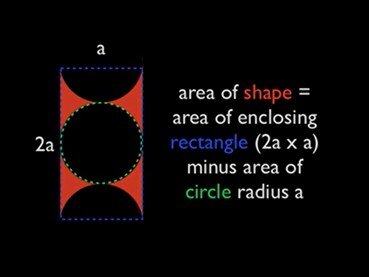
Milton Tan Dreambook
Dreams: a dynamic realm of possibility and the nonsensical, fleetingly masquerading as reality. It is no wonder why Dr. Tan always kept a notebook by his bedside to write or sketch the ideas that would visit through dreams. Taking after its namesake and purpose, this blog shares our ideas, observations and experiences with design and creativity with the hopes that you, in turn, will share yours.

‘Offside’ Rules Stifle Creativity
This ‘rule’ is becoming increasingly ridiculous in our multi-disciplinary world where creativity is best found in intersections of disciplines.

The Changing Brief
We seem to have no problem accepting and propagating change, so long as we are not the ‘changee’ — the victim of change.

Intermediate Places in Urban Life
Their tentative and re-configurable nature resonates better with creative activities. More of such places are needed, especially at the personal and institutional level

William J. “Bill” Mitchell 1944-2010: my teacher, mentor and friend
I will miss Bill, but his prolific writings and memories of all the good times that I had with him will live on. Thanks, Bill.

To Brand a Design or To Design a Brand
Those who understand branding today, subject the “branding process” to design thinking.

Many Ways of Seeing
Much of what we presume as the “real world” is made up in our minds through a complex process of perception, postulations and concept formations; the world as we know it is not ready-made or to be taken as given.

Talent is not Creativity
It is of concern that many — especially those in education — do not make a distinction between talent and creativity.

Rabbit-Duck Figure Revisited
The ability to label parts of an object and obtain a coherent whole is so powerful that we often do not need all the defining information to make and act on the incomplete.

Leonardo’s Rap
Leonardo had used a simple but effective technique for working out compositions which deviated radically from the prevalent method then of the “unfailing line which needed no correction and no second thoughts”.

Designed by Hand
We treasure these perhaps because we are naturally nostalgic of our human capabilities; and acutely conscious of our human limitations.

Alternative Value Propositions
Designers are in a good position to propose alternative value propositions. But they need to be laterally creative and not be so naïve about how bureaucrats and bean-counters work. A creative win-win is often the only way.

Creative Peloton
Leading designers in our community, like the lead peloton cyclists, generate the creative slipstreams that help to carry the other designers forward.

Some things don’t change
Change can be extremely slow and surprisingly resilient. This of course can be a good or bad or indifferent thing.

Emergent Sub-shapes
Visual perception is a key to creative thinking. If there is a ‘correct’ way to see every thing, our world will be uninteresting.

Another Example of Visual Thinking
There are many exciting possibilities of being able to think visually. They are divergent, exploratory and do not attempt to be ‘correct’

Visual Thinking in Practice
Many know about visual thinking or “visual literacy” but consider it unreliable and ‘fuzzy’. It’s not.

The False Hard-Soft Dichotomy in Education
Is it too much to expect students to acquire the blended “hard skills” and the “soft skills” when such an exemplary quality is a rarity in teachers who are usually from the hard or soft side?

When Productivity is Nonsense
The concept of “productivity” is a hangover from the industrial economy.

We do not live in a ready-made world. It must be designed.*
“Designers are, one way or another, futurists.” — Richard Seymour

The Writing on the Studio Wall
It is assumed that the studio is the best rehearsal of the “real world” of practice.